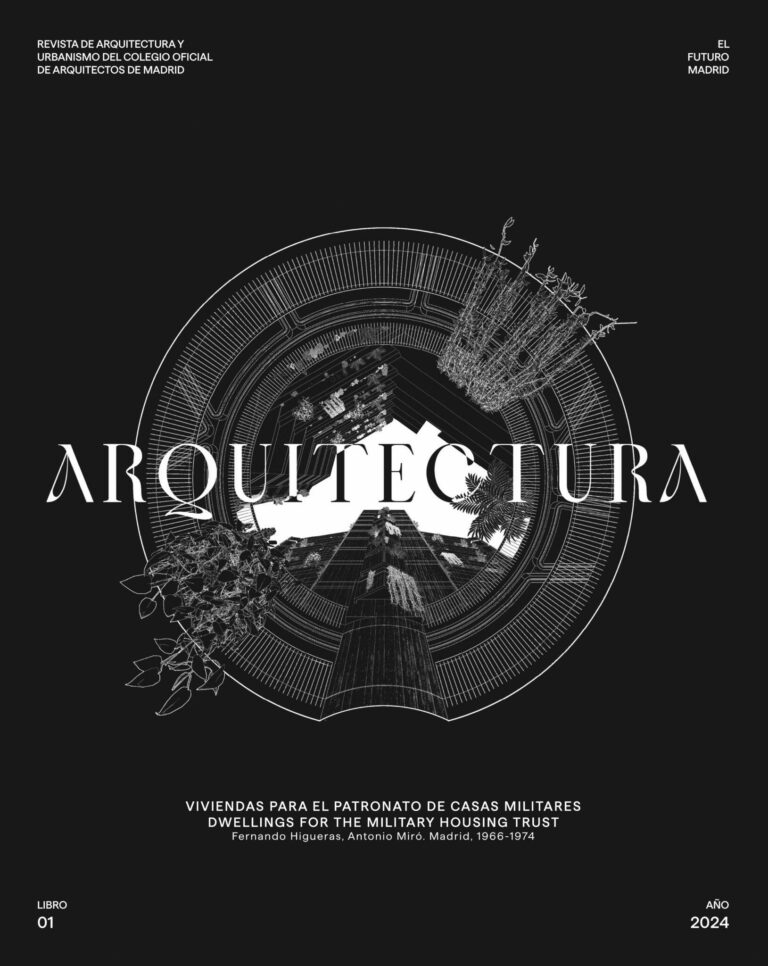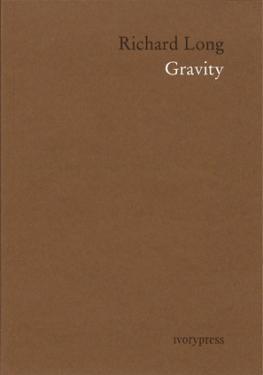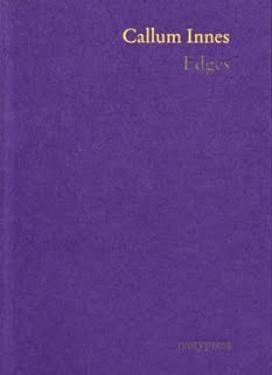Viviendas para el Patronato de Casas Militares. Fernando Higueras, Antonio Miró, Madrid 1966-1974

Being the first book series dedicated to vindicating and disseminating Madrids 20th century architectural heritage both among the Colegio Oficial de Arquitectos de Madrid (COAM) members themselves and, in particular, among the youngest ones as well as among the citizens of Madrid, the Libros de Arquitectura Series will dedicate its first volume to Housing. As a secondary objective, by offering the books in a bilingual Spanish-English edition, the possibility of distributing them outside Spain is raised, positioning, in addition to the work of the COAMs Special Collections Archive, the work of the architects and the architecture from Madrid; updating it based on the paradigms proposed for each of the forthcoming issues of the magazine Arquitectura (territory, climate, inclusion, body, beauty and practice).
Motivated by the absence of a document that critically determines its value and validity by updating the views on the subject (Housing) and on a specific architecture, the chosen building was that one built by Fernando Higueras and Antonio Miró from 1966 to 1974 by order of the Patronato de Casas Militares [Spanish Military Housing Trust].
The book traces the history of the building, from the demolition of the former Hospital de la Princesa, the first attempts to build a housing complex for military personnel (preliminary studies and restricted competition) to the commission made to Fernando Higueras and the development of the project together with Antonio Miró and, finally, its subsequent construction. However, the book does not stop there, by complementing the reproduction of all those documents that determine its history (reports, studies, records, drawings, plans and images) with a new visual essay and several essays that critically review the building from different contemporary paradigms, including that which refers to the critical conservation of modern heritage.



